DIY Bookkeeping Tips for Small Business Owners in Northwest Arkansas
Understanding the Basics of DIY Bookkeeping
For many small business owners in Northwest Arkansas, bookkeeping can seem like a daunting task. However, mastering the basics can significantly impact your business's financial health. Bookkeeping involves recording daily financial transactions such as sales, purchases, and receipts. Starting with a simple system can help you stay organized and make informed financial decisions.

Choose the Right Bookkeeping System
The first step in effective DIY bookkeeping is selecting the right system. You can choose between a manual system using spreadsheets or opt for bookkeeping software. Many small business owners find that software solutions offer more features and convenience. Consider factors such as ease of use, cost, and available features when making your decision.
Keep Business and Personal Finances Separate
One common mistake that small business owners make is mixing personal and business finances. It's essential to maintain separate bank accounts and credit cards for your business. This separation helps to ensure accurate records and simplifies the process during tax season. Additionally, it provides a clear financial picture of your business's performance.

Track Your Expenses Diligently
Tracking expenses is a crucial aspect of bookkeeping. Maintaining detailed records of all expenditures can help you manage cash flow and identify potential cost-saving opportunities. Consider using apps or software tools to scan and categorize receipts. This practice not only saves time but also reduces the risk of losing important documents.
Regularly Reconcile Your Accounts
Reconciling your accounts is a vital step in ensuring accuracy in your financial records. Regular reconciliation helps identify discrepancies between your records and bank statements. Aim to perform reconciliations monthly to catch errors early and maintain a clear understanding of your financial situation.

Understand and Manage Your Cash Flow
Cash flow management is essential for the sustainability of any small business. Develop a cash flow forecast to predict future financial needs and avoid cash shortages. Understanding your cash flow patterns allows you to make informed decisions about investments, expenses, and growth opportunities.
Utilize Financial Reports
Generating regular financial reports can provide valuable insights into your business's performance. Key reports include profit and loss statements, balance sheets, and cash flow statements. These documents help you track trends, set realistic financial goals, and make strategic decisions for your business's future.
Seek Professional Help When Necessary
While DIY bookkeeping can be manageable, there may be times when professional assistance is needed. Don't hesitate to consult with a certified accountant or bookkeeper if you encounter complex financial situations or significant changes in your business. Professional guidance can help ensure compliance with tax laws and optimize your financial strategies.

